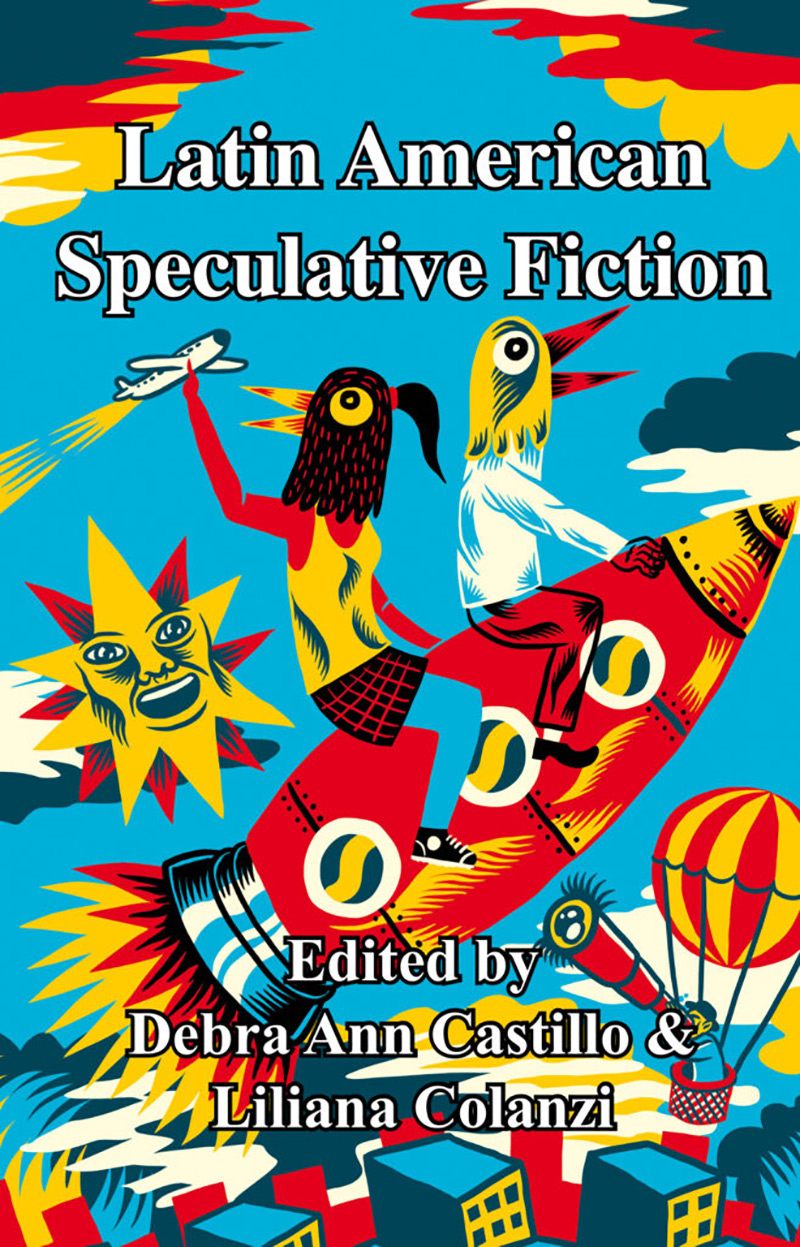Comments
Gathering emerging and established scholars, as well as distinguished Latin American writers, “Speculative Fiction in Latin America” (Paradoxa no. 30) provides the widest and most diverse group of reflections to date on its subject, by expanding traditional perspectives on science fiction into the larger world of speculative fiction. Engaging with contemporary approaches related to climate change and the Anthropocene, disability and illness, the material and the digital, this collection contributes to the understanding of speculative fiction in Latin America and globally through a combination of sophisticated theoretical engagements and exciting creative work. – Ignacio M. Sánchez Prado. Washington University in St Louis
As the editors note in their introduction to this provocative issue of Paradoxa, embracing the challenge of Latin American speculative fiction requires us to abandon all the “familiar landmarks” of our ways of thinking—about technology and progress, about embodiment and kinship, about connection and accountability across hemispheres, classes, ethnicities, and disciplines. An exciting combination of scholarly analysis and original fiction, this groundbreaking collection is a vital work. – Sherryl Vint. University of California at Riverside
What is speculative fiction today? The attempt to take some of our most cherished conventions to their nightmarish conclusion, not in the future, but in a present that we fail to see. Based on that premise, this issue of Paradoxa shows, through the study of its genealogy, why speculative fiction is in its right a Latin American genre; because this is a place from which the consequences of our normality can be best seen. It also undertakes the challenge of displaying the ways in which our speculative fiction defies how we recount literary history, which is to say, how it threatens the order of things. – Yuri Herrera. Best translated book award for Signs Preceding the End of the World. Tulane University

